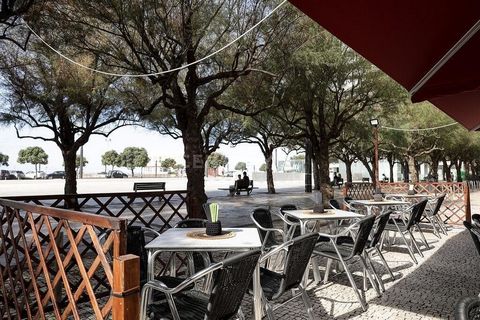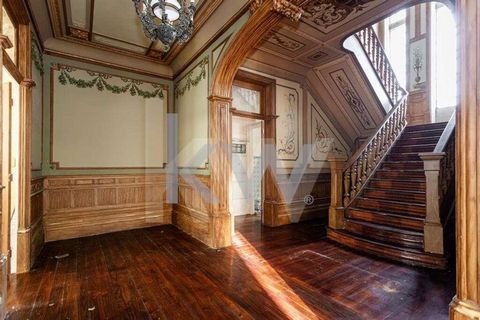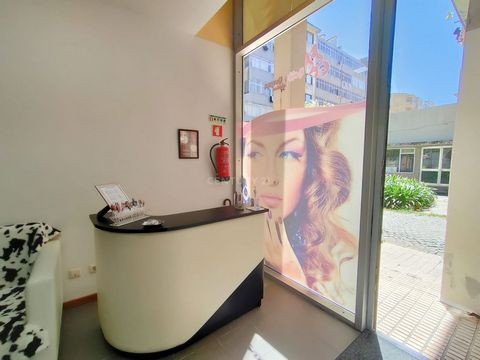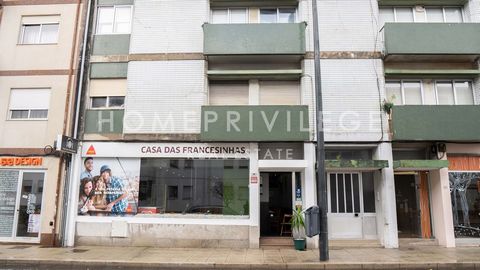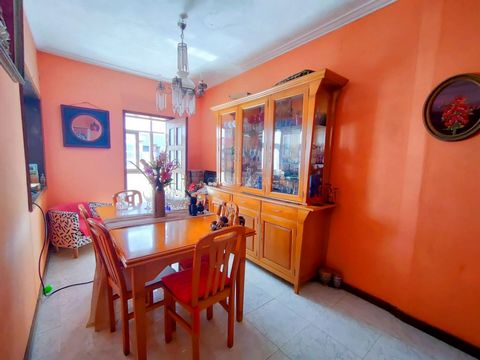Building located in the center of the city of Póvoa de Varzim, right at the beginning of Rua da Junqueira. The first floor consists of 2 bedrooms, bathroom, living room and kitchen, the latter with access to a patio. On the second floor it has 3 bedrooms, a bathroom, kitchen and closed sunroom. Use of attic with ample space, bedroom, bathroom and kitchen. In need of rehabilitation works. Great investment for those who intend to live in the center. It is on the second line of the beach, next to several shops, services, the hospital and a 10-minute walk from the metro. The ground floor is an autonomous fraction and is not subject to business. Póvoa de Varzim is a Portuguese city located in the sub-region of the Metropolitan Area of Porto, belonging to the region of Norte and the district of Porto. It is the seat of the Municipality of Póvoa de Varzim, which has a total area of 82.81 km2, 64,320 inhabitants in 2021 and a population density of 782 inhabitants per km2, subdivided into 7 parishes. The municipality is bordered to the north by Esposende, to the northeast by Barcelos, to the east by Vila Nova de Famalicão, to the south by Vila do Conde and to the west by the Atlantic Ocean. The first populations settled in its territory between four and six thousand years ago. Around 900 BC, instability in the region led to the foundation of a walled city, the Cividade de Terroso, which developed maritime trade routes with the civilizations of classical antiquity. Modern Póvoa de Varzim emerged after the Roman Republic conquered the city around 138 BC, fishing and fish processing units developed shortly after, forming the basis of the local economy. By the eleventh century, the fishing industry and fertile fields formed the basis of a feudal lordship and Varzim was fiercely disputed between the local lords and the regionals, the first kings of Portugal, which led to the creation of the municipality in 1308 and being subjected to medieval monastic power a few years later. The importance of Póvoa de Varzim reemerged with the Age of Discovery due to the competence and wealth of its shipbuilders and navigators, who traded around the world on complex trade routes. By the seventeenth century, the fish processing industry took on a new lease of life and, some time later, Póvoa became the dominant fishing port in the North of Portugal. The city of Póvoa de Varzim has been a recognized seaside town for three centuries, the most popular in the North of Portugal, which has established an influential literary culture and patronage in music and theater. It is one of the few legal gambling areas in Portugal and has significant textile and food industries. The city maintains its own cultural identity, a rich fishing cuisine and ancient traditions, such as acronyms from Póvoa, the agricultural technique of masseiras and festivals.

